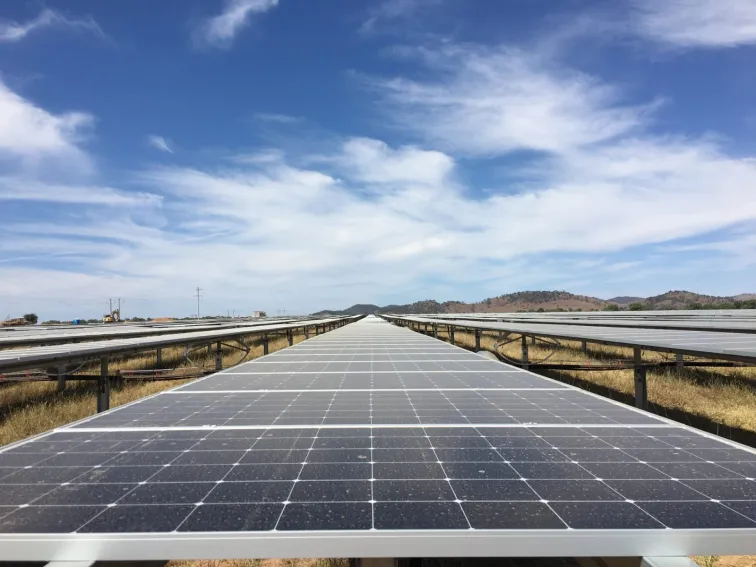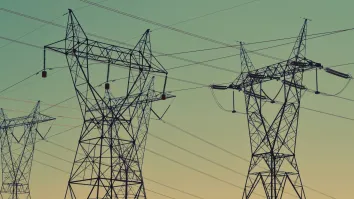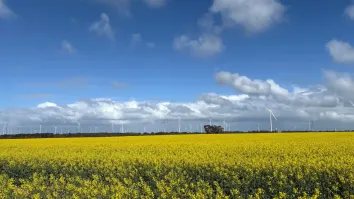
Thailand coal power company acquires solar farms in Australia
The acquisition is part of the company’s commitment to greener energy.
Thailand’s Banpu Public Company Limited has acquired two operating solar farms in New South Wales, Australia including Beryl Solar Farm (BSF) with a capacity of 110.9 MW and Manildra Solar Farm (MSF) with a capacity of 55.9 MW for A$97.5m ($75.10m).
The BSF solar farm achieved its Commercial Operation Date (COD) in June 2019, and the MSF, achieving its COD in December 2018. Both solar farms use technology from Tier-1 solar panel manufacturers, as well as having a single axis tracking system, resulting in a strong annual capacity factor.
The solar farms were acquired through Banpu’s wholly-owned subsidiary Banpu Energy Hold Trust. The solar farms are Banpu’s first two utility-scale renewable generation assets in Australia.
The acquisition is in line with the company’s Greener & Smarter strategy which aims to achieve the power generation capacity of 6.1 GW by 2025.



















 Advertise
Advertise





